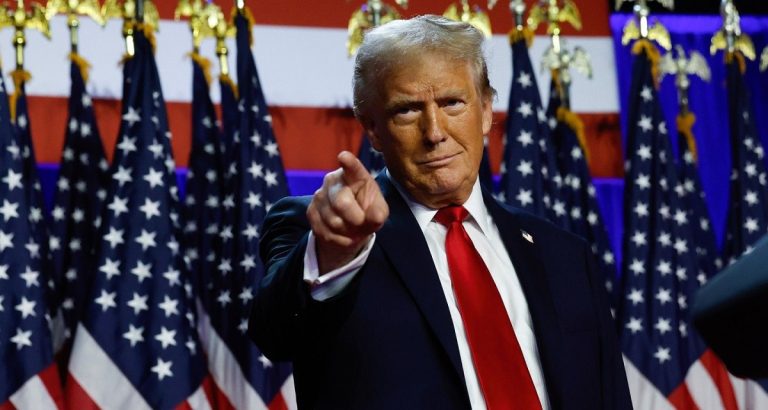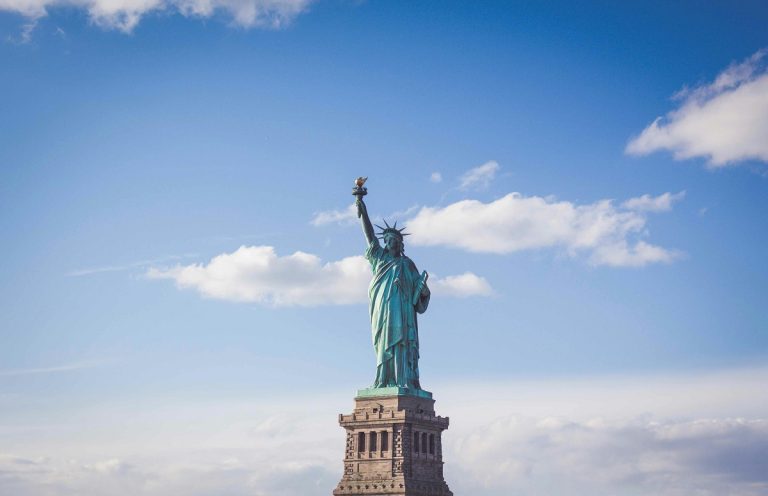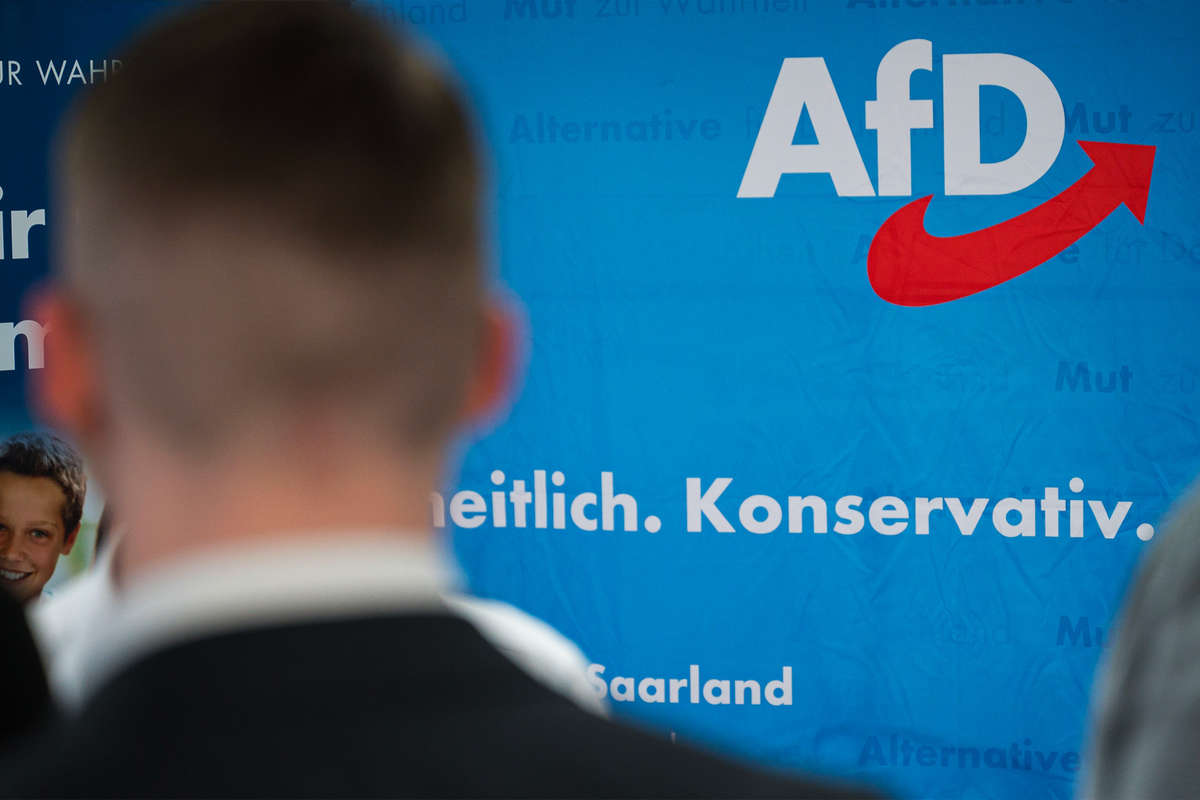
Banning Alternative for Germany: another propaganda of “horrible fascism” or an authoritarian shift of the EU?
In mid-November, 113 Bundestag deputies from various leftist and liberal factions signed a bill to ban the Alternative for Germany (AdG) party. The event fits into the logic of Europe’s journey from democracy to dictatorship in the context of Cold War 2.0 and the inability of liberal elites to hold on to power by fully legitimate methods.
The AdG has fallen under the “electoral roller”
The initiator of the ban on the AdG was CDU MP Marco Wanderwitz. This is logical, since Konrad Adenauer’s party is most aggressive towards nationalists and believes that the AdG has occupied part of its “deserved electorate”. Wanderwitz explicitly called for the AdG to be banned during the current legislative period in order to make it in time for early parliamentary elections in February 2025.
In the meantime, rumors began to leak out about the pressure being exerted on Olaf Scholz by his fellow party members. They are demanding that the chancellor step down before the election in order to give the seat to Boris Pistorius later. Former finance minister Christian Lindner, recently fired by Scholz, also said the outcome of the election would be a foregone conclusion if Scholz leads the SPD. According to Lindner, the race for the chancellor’s post is effectively over and the fierce supporter of “old liberalism” and “EU hawk” CDU leader Friedrich Merz will win. It was obvious that the next attack of the “fight against fascism” in the person of the AdG was clearly tied to the upcoming elections.
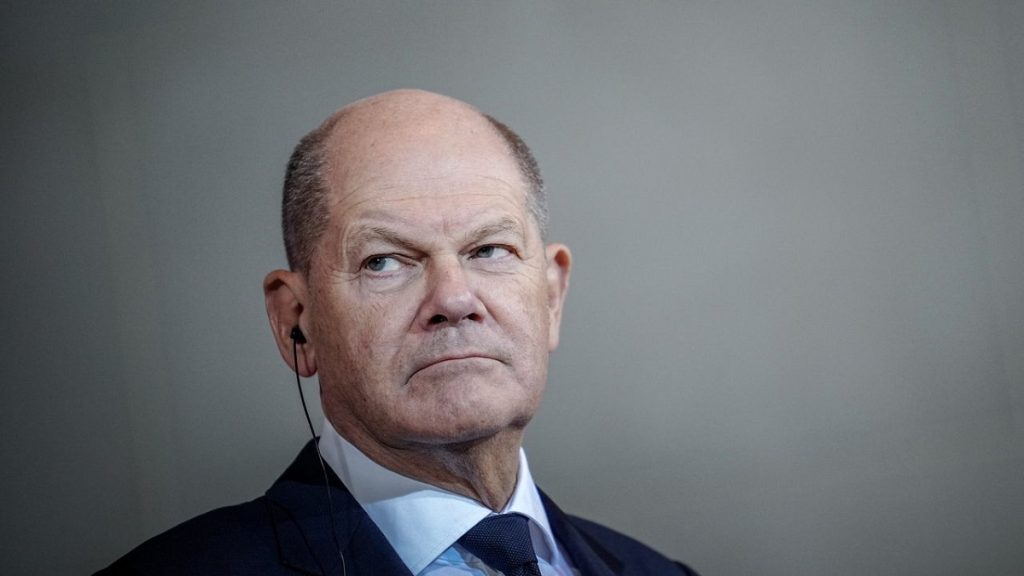
Photo by Kay Nietfeld / dpa
The “drama” unfolded precisely after Scholz fired Lindner. Following this, German Vice Chancellor Robert Habeck announced the collapse of the “traffic light coalition”. However, his Green Party is still in government, which could not change the fact that early elections have been called. Parliament will vote on a vote of confidence in the current government on January 15. We can be 99% sure that there will be no more “confidence”.
The formal reason for this was the inability to overcome disagreements on budget expenditures and economic reforms. The SPD and the Greens were in favor of new borrowing and increasing the national debt, while the FDP went for the “liberal” principle of the free market. As a result, the party gave its coalition partners a rather contradictory 18-page ultimatum calling on the government to radically revise its budget plans for next year. But the real reason is different – the Free Democrats, famous for their politically “prostitutionist” behavior, have decided to defect to the CDU camp. They want to speed up the change from Scholz to Merz and take a more favorable place in the future coalition.
Overlaid on this “battle of ideas” is the personal animosity between Olaf Scholz and Christian Lindner. The Chancellor claimed that Lindner did not always live up to his trust and rejected compromise. Lindner, on the other hand, claimed that Scholz had long failed to recognize the need for a new economic awakening in the FRG and had ignored the economic problems of the citizens. In fact, Lindner had already launched an election campaign in the interests of the CDU with such steps.
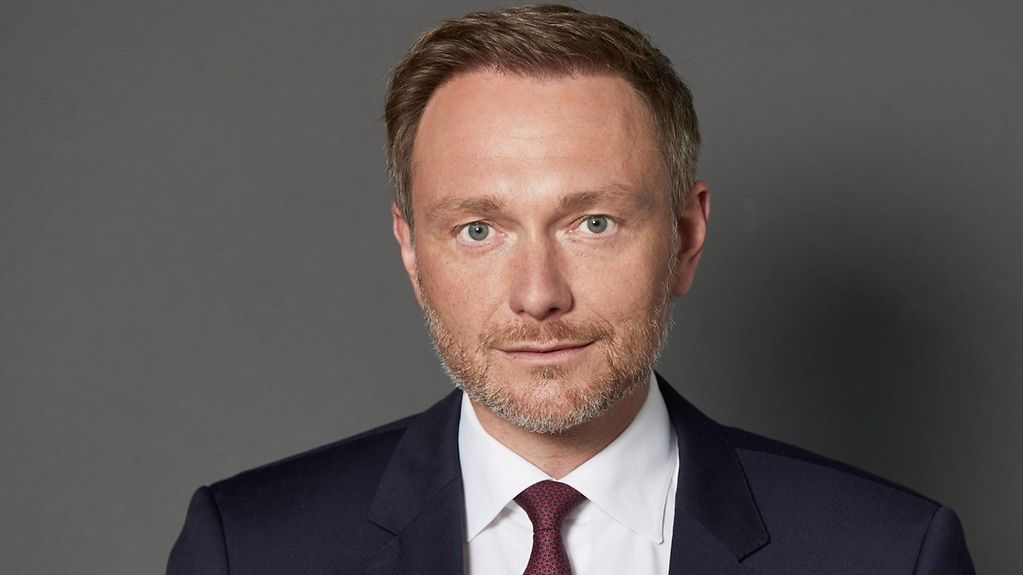
Photo by Bundesregierung.de
Indeed, against the background of low ratings of all members of the disintegrated team, where the same FDP has a rating below the minimum threshold of 5% to pass to the Bundestag, it is the CDU with 33-35% of support that becomes the main beneficiary. The CDU has become a more right-wing party on migration issues in recent years, which causes intense competition with the Alternative for Germany, whose ban would make them hegemonic electoral hegemons.
Betting on the U.S. did not play out
Globally, the entire country and partly Europe is losing from political instability in the Federal Republic of Germany. The collapse of the German coalition happened on the same day as Donald Trump’s victory in the United States. Many in Germany had hoped that his rise to power would be a deterrent that would force the German ruling parties to unite in the face of the common threat posed by the German far-right, which is ideologically linked to Trump.
Republicans have promised to impose tariffs on all European exports. A new trade war lasting the duration of Trump’s term in office could cost the German economy €180 billion. This would further exacerbate the crisis and the popularity of the AdG. But the mere threat of Trump’s presidency was not enough to consolidate political forces. So far, the CDU is confident that they are in control, especially if they get rid of or downgrade the AdG. In this case, the SPD, the Greens and other parties will be forced to enter into a coalition with them.
AdG interferes with inter-elite agreement
As a result, German President Frank-Walter Steinmeier approved the date of February 23, 2025, proposed by the parties for early elections. According to opinion polls, with a probability of up to 30%, the main candidate for the new chancellor is CDU leader Friedrich Merz. Scholz before his expected defeat will try to have time to support corporate investments with tax breaks or subsidies, implement pension reform and replenish the defense budget, which has not yet reached the promised 2% of GDP. For his part, Merz promised to support sweeping tax reform and the country’s most needed laws, but not all of them.
Essentially, the early elections were a compromise between the elites behind the CDU and SPD, where the former simply wanted to replace the latter early on. And the main problem is the long-term struggle with the left and especially the right-wing opposition. After all, the far-right AdG party is in second place by a decent margin. In the elections in 2021 it gained about 10% at the federal level, today the AdG is able to attract about 17-22% of voters.
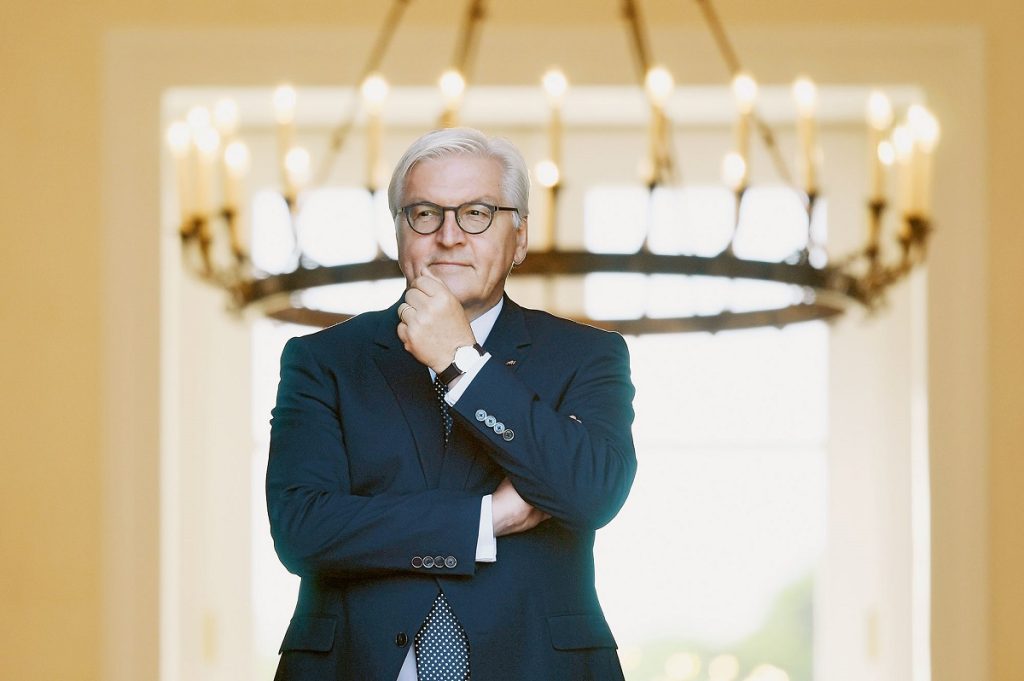
Photo by Deutschland.de
The SPD has no more than 16% of support, but they are the most likely coalition partners of the CDU at the end of the February elections. But this is not the best option for a global confrontation with the nationalists in the future, as the other “system parties” have sagged badly, and many of them are even unlikely to get into the Bundestag.
At the same time, the CDU and CSU bloc, like all other political forces in Germany, refused to cooperate with the AdG. Despite its growing popularity and complementarity with the ideas of traditional conservatives, the far right has remained a toxic partner for mainstream parties that would be better banned altogether.
Traffic lights will change colors, but not their essence
Strategically, the tactic of stigmatizing nationalists, who cannot be defeated, has many disadvantages. The traditional alliances on the left and right can no longer be formed without their participation. The establishment has to form a “broad alliance” that lacks a clear ideology and potential appeal to the electorate. In addition, in the recent past, the CDU has often voiced doubts about Scholz’s competence and cooperation with the SPD under him. But Pistorius will never replace Scholz, and has even already endorsed his candidacy to become at least vice-chancellor if the above plan is realized.
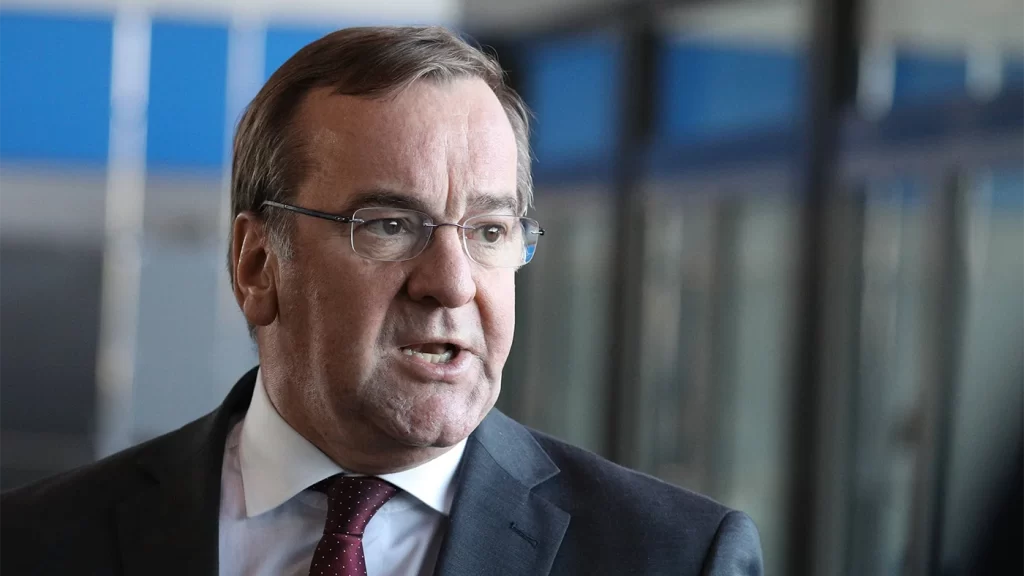
Photo by ZDF
At the same time, the future CDU-led government will surely not be able to do without a third partner. The Greens, with 12% of support, could play this role. Party leader Robert Habeck has already hinted that he would not mind returning to the new government under Merz. And this will turn into a new “traffic light coalition”, where the yellow-colored FDP will replace the “black” CDU, and chaos and unprofessionalism will not change.
But whatever the future German coalition turns out to be, it will be Friedrich Merz who will set the tone. And his main reforms will be related to foreign policy, where Germany should be even more oriented toward Washington’s “crusade” against Moscow and Beijing. Merz, who is fluent in English and headed the Atlantic Bridge association (which promotes US-FRG relations) for ten years, will be able to build a slightly better relationship with Trump than Scholz or even Angela Merkel.
Israel will also gain some dividends from his victory, because the CDU has always been a staunch supporter of Tel Aviv and criticized the ICC’s decision to issue an arrest warrant for Prime Minister Benjamin Netanyahu. Recently, the head of Germany’s traditional forces has taken a more hawkish stance toward Beijing than Scholz. Merz criticized the chancellor’s approval of the purchase of a stake in the port of Hamburg by a state-owned company from China and advocated closer coordination with allies to fight the PRC.
And now such a version of events is almost inevitable, although not only the current German government but also the German public has been opposing the aforementioned steps all along. But the will of the establishment plays a priority role. Up to 70% of the electorate in one way or another supports the system parties and this will decide the fate of Germany. That’s why the AdG is Merz’s biggest headache right now. But banning the Alternative for Germany is just propaganda of “horrible fascism” for electoral purposes, rather than an authoritarian shift of Germany and the entire EU. But the future will be very murky and the new methods increasingly harsh.
